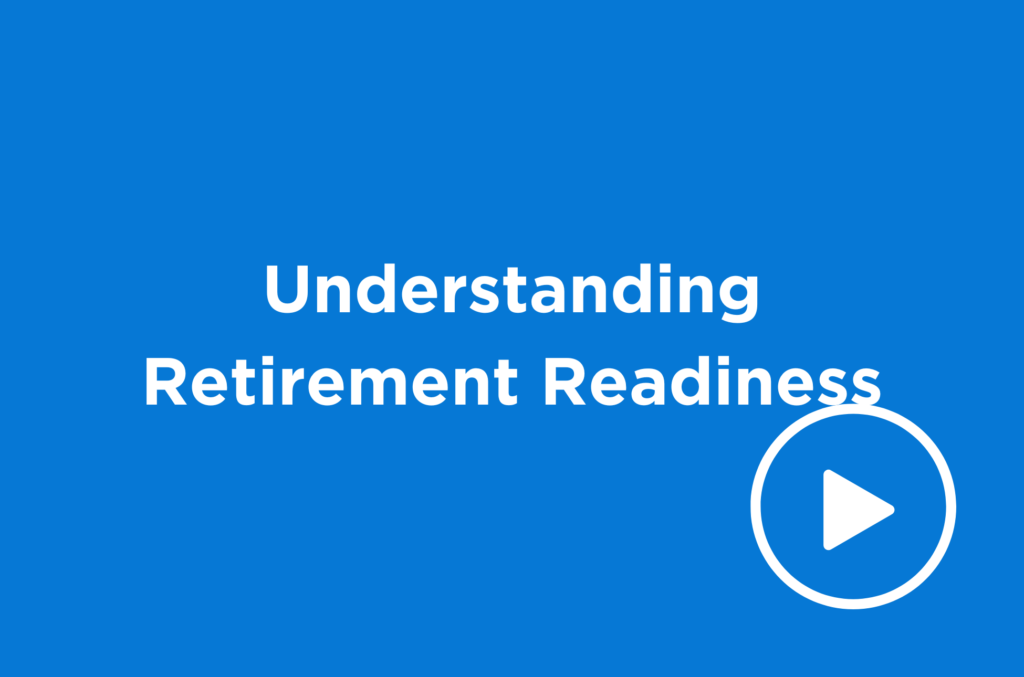First – Use a simple budgeting method like the 50/30/20 rule.
There are a few variations of this rule, but it’s designed to make the budgeting process easy. Take your after tax monthly income and divide into 3 simple categories:
- 50% for needs
- 30% for wants
- 20% for saving or paying off debt
Needs should focus on your mortgage or rent, utility bill, and groceries. The things we need to provide shelter, food, and comfort for ourselves and families
Wants include dining out, vacations, shopping, and those endless monthly subscriptions. Going through this process might reveal your spending more on your wants which is affecting you ability to stay out of debt or save for future goals.
Savings is that category that probably doesn’t sound like the most fun, but it’s that action that’s going to reduce stress, have you prepared for unexpected expenses, and increase confidence that you’ll be able to achieve short and long term financial goals.
Second – Get your free annual credit report & score
Why is it important to know what’s on your credit report? Because credit is an important financial resource that should be protected like an asset. Even if you have a good handle on your outstanding debts, it’s worth making sure your credit information is accurate.
Occasionally credit reports have errors or even worse, fraudulent accounts could have been opened in your name. You’ll need to know so you can take corrective action.
Websites like AnnualCreditReport.com will provide you a free annual credit report from each of the three credit reporting agencies. Credit companies calculate your score using information from your credit report. Having a good score can make it easier for you to get approved for loans, rent a home, or even lower your insurance rate.
Finally – Check in on your emergency savings
Having an adequate amount of savings on hand in the event of an emergency, unexpected expense, or loss of income is an essential part of the transition from financially surviving to financially thriving. Having the ability to weather the situation without accumulating debt can keep you on track for your other saving goals. That can include continuing to make contributions to your retirement accounts, college savings or preparing for a major purchase.
You might have had to utilize some of your emergency savings last year to replace an appliance, pay for an unexpected medical bill or cover a gap in employment. Make a plan to build it back. Even if you didn’t have to utilize your emergency savings, your expenses may have changed due to spending habits or the rising cost of goods and services due to inflation. Make a plan to build it up to match your new potential monthly expenses.


